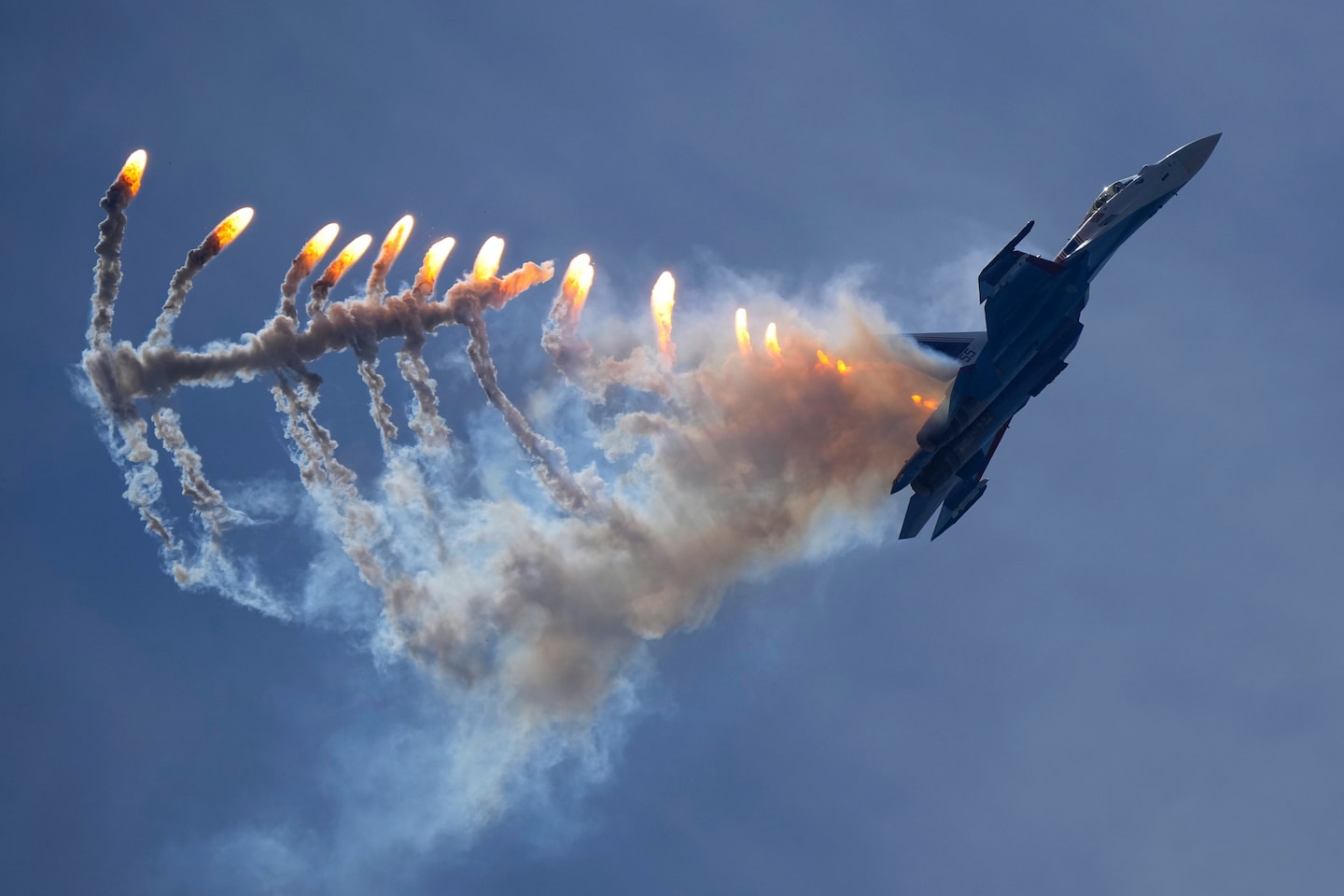Russia is prepared to take military measures to “counter-deter” NATO’s expanding arsenal in Europe in response to a U.S. decision to deploy longer-range missiles in Germany for the first time since the 1980s, high-ranking Moscow officials said Thursday.
The sharp comments came a day after the United States and Germany, on the sidelines of this week’s NATO summit in Washington, announced that the U.S. military would begin positioning SM-6 and Tomahawk cruise missiles, along with what officials described as “developmental hypersonic weapons,” in Germany in 2026, significantly increasing the reach of land-based missiles in Europe.
The Kremlin said Thursday it has also “taken note” of decisions made by NATO leaders at this week’s summit in Washington, including plans to “create separate logistics hubs in Black Sea cities” and establish “additional facilities in Europe.”
“This poses a very serious threat to our national security. All of this will necessitate thoughtful, coordinated and effective responses from us to counter-deter NATO,” presidential spokesman Dmitry Peskov said in a conference call with reporters.
GET CAUGHT UP
Stories to keep you informed
U.S. national security adviser Jake Sullivan, speaking with reporters on Thursday, downplayed Russia’s response to the decision.
“What we are deploying to Germany is a defense capability like many other defensive capabilities we’ve deployed across the alliance across the decades,” Sullivan said. “So more Russian saber-rattling obviously is not going to deter us from doing what we think is necessary to keep the alliance as strong as possible.”
In a separate statement posted by the Foreign Ministry, Ryabkov called the move “predictable” in the “post-INF treaty” world, adding that Russia has “begun working out countermeasures in advance.”
The 1987 INF Treaty, or the Intermediate-Range Nuclear Forces Treaty, signed by the United States and then-Soviet Union, was central to Europe’s security architecture as it banned placing nuclear and conventional missiles with ranges from 500 to 5,500 kilometers (around 310 to 3,400 miles) and removed more than 2,600 weapons from the continent.
In 2019, the United States pulled out of the deal, accusing Russia of violating the treaty by developing a new cruise missile, the 9M729, with President Donald Trump saying at the time that Washington was at a disadvantage because of its own compliance when global threats had changed considerably in the more than 30 years since the pact was signed.
Moscow denied the accusation but said it would adhere to a voluntary moratorium on deploying intermediate- and short-range ground-based missile systems on its territory if the United States held off on deploying similar systems in Europe or Asia.
“As for deployment, I said that we are declaring a moratorium on the possible future deployment of our relevant systems until these missile systems appear in some region of the world,” Russian President Vladimir Putin said last week at a conference in Kazakhstan. “If American-made medium- and shorter-range missiles appear somewhere, then we reserve the right to have a mirror response.”
The planned missile deployment was one of a number of announcements unveiled by NATO leaders at the summit, which marked the 75th anniversary of the North Atlantic Treaty Organization, designed to bolster the security of the alliance and its partners, including Ukraine. Alliance leaders also pledged to have donated F-16s flying in the skies over Ukraine by this summer and other measures to strengthen Kyiv’s fight against Russian forces, now in its third year.

